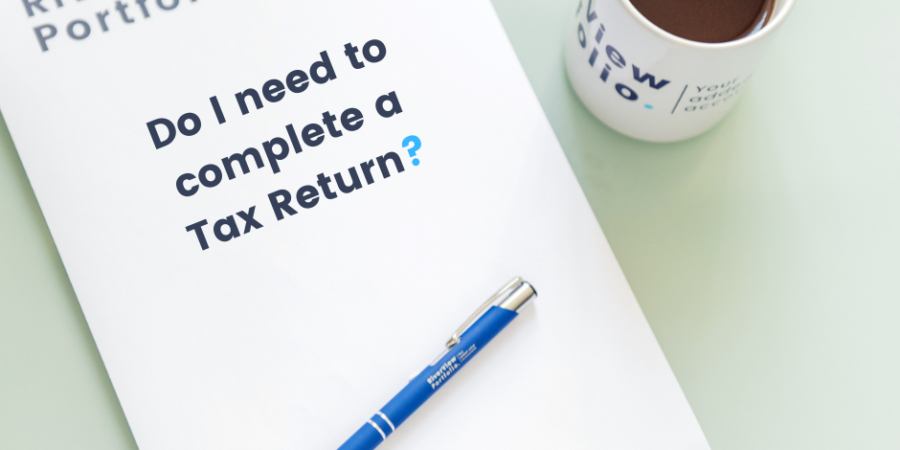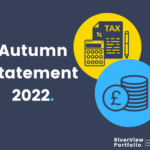Do I need to complete a tax return?
As we come into peak season for people submitting their self-assessment tax returns before the deadline of 31st January, this is a question we get asked a lot.
You will normally need to do a return if one or more of the following apply to you:
- You are working for yourself – you are self employed
- You are a partner in a partnership business
- You are a minister of religion – any faith or denomination
- You are a trustee or the executor of an estate
You also may be required to complete a Self-Assessment tax return if:
- You are a company director, and you have income that is not taxed under PAYE;
- You have untaxed income. This could be, for example, interest that is not taxed before it is paid to you or rental income. If you are an employee or a pensioner and the income (profit) is less than £2,500 a year you might not have to complete a tax return but it is still your responsibility to report such income by contacting HMRC . If you receive other untaxed income and the tax due on it cannot be collected via your PAYE coding notice you will need to complete a tax return;
- You receive regular annual income from a trust or settlement, or you receive income from the estate of a deceased person and further tax is due;
- You have foreign income on which UK tax is due (although there is an exclusion if your foreign income consists solely of dividends which fall sunder the dividend allowance)
- You are non-resident and you have taxable income in the UK. This includes non-UK resident landlords.
- You have income from savings and investments of £10,000 or more before tax;
- You have annual income of £100,000 or more before tax;
- You or your partner receive child benefit and your adjusted net income is over £50,000 and therefore liable to the higher income child benefit charge
- You are liable to certain other tax charges, such as on ‘excess’ gift aid or pension contributions.
- You are liable to tax on a state pension lump sum which you deferred from before 6 April 2016;
- You incorrectly claimed coronavirus support payments which you have not already repaid to HMRC;
- You have tax due at the end of the year that cannot be collected via your PAYE coding notice in a later year;
- Your untaxed income is £2,500 or more – but if you are a pensioner you may be able to pay your tax through your PAYE Coding Notice;
- Your claim for expenses are £2,500 or more;
- You have capital gains where:
- You have given away or sold assets worth £49,200 or more for 2022/23; or
- You have a capital loss but your gains net of any losses are more than the annual exemption for 2022/23 of £12,300; or
- You have no losses to claim but your gains are more than the annual exemption for 2022/23 of £12,300; or
- You need to make any other capital gains tax claim or election for the year.
There may be other reasons that HMRC ask you to complete a return, but these are the main ones we believe that are most common.
If you do need to complete a return, then you will need to notify HMRC of this to obtain a Unique Tax Reference (UTR). The UTR is the 10 digit reference that allows you to submit your self-assessment tax return. If you have been under the self-assessment tax regime previously, then HMRC will send you a notification to file if they believe you still need to complete a return.
If you need help assessing whether you need to complete a return or submission of your return, we would be pleased to help.




